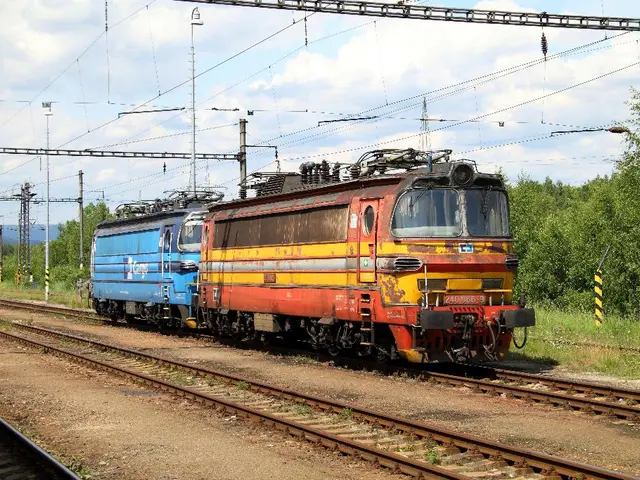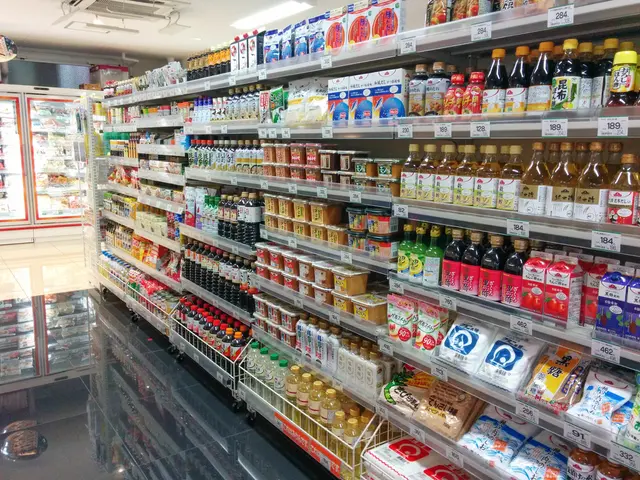Agricultural market yards in India witness prices for key oilseeds and pulses significantly dropping below the Minimum Support Prices (MSPs), with values dipping below ₹1,000 per quintal.
The agricultural sector is facing a potential crisis, with experts expressing fears over a likely drop in production for key crops such as tur, moong, moth, and soybean in the upcoming 2025-26 crop year.
The concerns have been raised due to lower acreage for these crops, according to the latest data from the Agriculture ministry. As of September 12, the acreage of tur, moong, moth, and soybean is lower compared to the previous year, while the acreage of urad and groundnut is higher.
Vijay Sardana, a techno-legal expert and corporate advisor, has stated that the prices of pulses and oilseeds have been depressed throughout the year and are continuing. The average price of tur in mandi markets is ₹6,222 per quintal, lower than its MSP of ₹8,000 per quintal. Similarly, the average price of urad is ₹6,368 per quintal, lower than its MSP of ₹7,800 per quintal. The average price of moong is ₹7,220 per quintal, lower than its MSP of ₹8,768 per quintal. The average price of soyabean is ₹4,252 per quintal, lower than its MSP of ₹5,328 per quintal. The average price of groundnut is currently ₹5,682 per quintal, lower than the MSP of ₹7,263 per quintal for the 2025-26 season.
The Agriculture Minister, Shivraj Singh Chouhan, has expressed concern over a fall in the acreage of oilseeds and pulses. He believes that farmers make their own decisions and setting a targeted production or acreage does not mean it will be achieved. However, he has also acknowledged the concerns raised by experts and has announced the launch of the National Oilseeds Mission and plans to soon launch the National Pulses Mission.
Recently, at the Rabi conference, Karnataka's Agriculture Minister urged the Agriculture Minister to start procurement of pulses and oilseeds as Kharif-grown crops have started arriving, and market rates were ruling much below MSPs. Telangana's Agriculture Minister also wanted no quantitative restriction on the purchase of oilseeds and pulses.
Sardana mentioned that the current MSPs are not in line with international prices, allowing imports at zero or low duty to protect consumer interests encourages buyers to source from outside India. He expressed concern that unless these issues are addressed, the current MSP prices may continue.
The first advance estimates of production of kharif crops for the 2025-26 crop year have not been released yet by the government. However, experts are concerned that even where there is an increase in area, the crops have been impacted due to heavy rain in some places of Rajasthan, Maharashtra, Madhya Pradesh, and Karnataka.
The article was published on September 18, 2025. The government's response to these concerns and the impact on the agricultural sector will be closely watched in the coming months.







